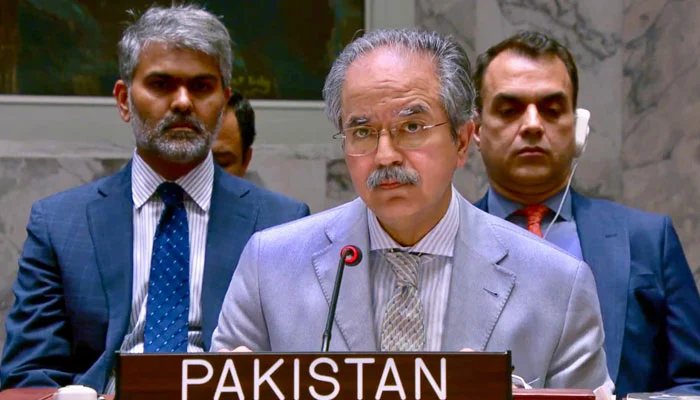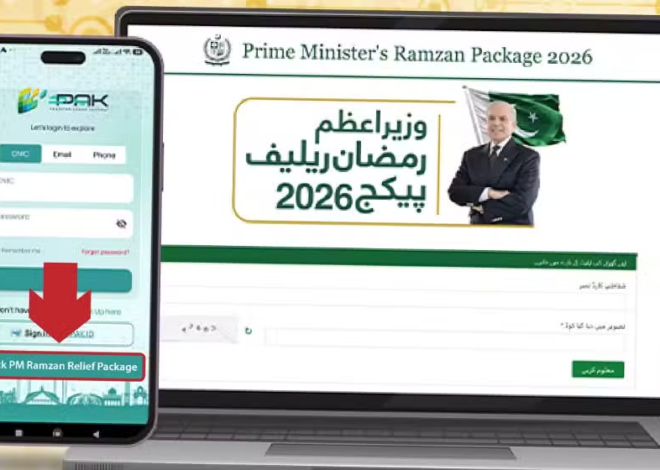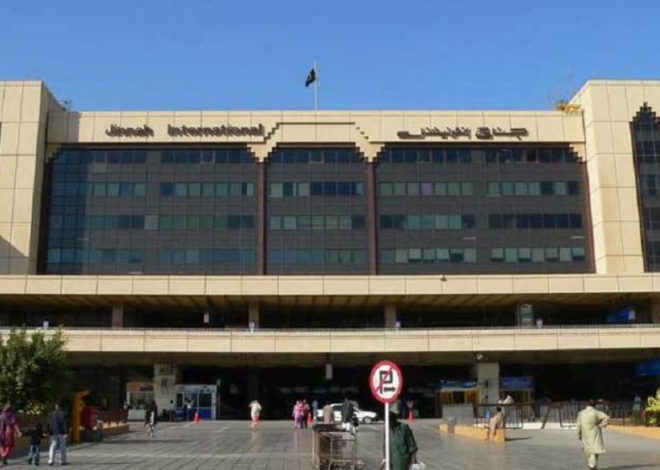
At UNSC Meet on Iran-Israel War, Pakistan Says Unilateral Military Actions Only Deepen Conflicts
At a recent United Nations Security Council (UNSC) meeting convened to address escalating hostilities between Iran and Israel, Pakistan strongly warned against unilateral military actions, stating that such measures only serve to intensify conflicts and undermine regional stability. Representing Pakistan’s position, the country’s permanent envoy to the UN emphasized the need for diplomatic engagement and respect for international law amid growing fears of a wider Middle East war.
Pakistan Calls for De-escalation and Diplomacy
Pakistan’s representative told the UNSC that the ongoing Iran-Israel tensions present a grave threat to regional peace and international security. The envoy underscored that unilateral use of force, especially without UNSC authorization, sets dangerous precedents and fuels a cycle of retaliation. According to Pakistan, diplomacy, mutual restraint, and respect for sovereignty are the only viable paths to resolving the current standoff.
The statement comes at a time when hostilities between Iran and Israel have reached new levels, with recent cross-border strikes, proxy conflicts, and rising casualties drawing international concern. Pakistan has called on both nations and their allies to exercise maximum restraint and prioritize dialogue over confrontation.
Regional Instability and Broader Implications
The escalation between Iran and Israel has already spilled beyond their borders, involving regional proxies and affecting neighboring countries. Pakistan warned that if left unchecked, the conflict could ignite a broader war with devastating consequences for the Middle East and beyond. The ambassador stressed that international peace and security depend on multilateral cooperation and adherence to the UN Charter.
During the UNSC debate, several other member states echoed similar concerns, urging both Tehran and Tel Aviv to avoid further provocations. However, divisions within the council remained visible, with some permanent members taking a harder stance on Iran, while others called for balanced engagement with both parties.
Pakistan’s address to the council highlighted the potential humanitarian toll of a prolonged conflict and reminded the UNSC of its primary responsibility under the UN Charter to prevent war and maintain peace. The envoy called for the urgent convening of multilateral peace efforts, facilitated by neutral mediators under UN auspices.
Opposition to Use of Force Without UN Mandate
Reaffirming its commitment to the principles of the United Nations, Pakistan explicitly opposed any military action carried out without Security Council authorization. The envoy stated that such acts violate international norms and risk normalizing the use of force as a tool of foreign policy. Pakistan’s position aligns with that of several non-aligned nations, who have long called for reforms in global conflict management and decision-making processes.
This criticism comes in response to recent reports of unilateral strikes by Israel targeting Iranian military and nuclear sites, as well as Iranian-backed militias in Syria and Lebanon. Iran, in turn, has conducted retaliatory attacks through proxies and missile strikes on Israeli assets. Both nations accuse each other of initiating aggression, and diplomatic channels remain largely frozen.
Pakistan’s Broader Middle East Policy
Pakistan has consistently maintained a policy of non-interference in regional conflicts while advocating for peaceful resolution of disputes. It has strong historical ties with many Middle Eastern nations and has frequently participated in multilateral forums promoting stability in the region. The country has also called for the protection of civilians and warned of the dire consequences of armed confrontation in populated areas.
In its statement at the UNSC, Pakistan reiterated its support for international initiatives aimed at de-escalating the Iran-Israel conflict and reaffirmed its willingness to contribute to peacebuilding efforts. The envoy emphasized that the international community must act collectively to prevent the crisis from spiraling out of control.
Pakistan’s balanced approach has been welcomed by some nations seeking neutral intermediaries to mediate between Tehran and Tel Aviv. While not directly involved in the Iran-Israel conflict, Pakistan’s voice carries weight in the Muslim world and among countries advocating for diplomatic resolution of conflicts.
UNSC Divided but Pressured to Act
The UNSC meeting ended without a consensus resolution, highlighting the divisions among major powers over how to handle the crisis. However, the growing urgency of the situation has increased pressure on the council to take meaningful steps. Observers note that as civilian casualties rise and regional actors become more entangled, the cost of inaction may soon outweigh the geopolitical divides.
Pakistan’s warning serves as a reminder of the broader risks posed by unilateralism in global politics, and the need for inclusive, rules-based approaches to international conflict resolution.







